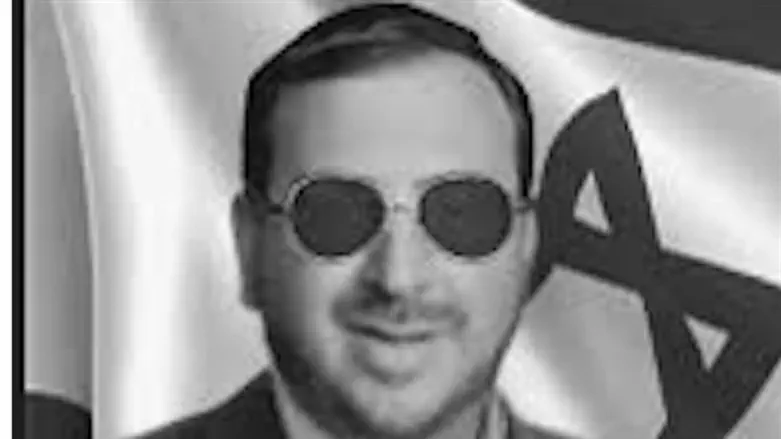
Rarely has a book I picked up in a dusty used bookstore shocked me as did the volume I bought about two decades ago titled Bring Forth the Mighty Men; On Violence and the Jewish Character by Howard Singer (published by Funk and Wagnalls in 1969). The title alone inspired the purchase, I had not heard of Singer or his book.
I expected the book to be a tirade calling for nonviolence at all costs. I was deeply mistaken.
I reread one passage from the book every year as we approach the Parshat Shemot. It is in my opinion this selection may be especially well worth sharing in its entirety this year as questions of leadership and preemptive self-defense and now the violence in Washington may be on our minds more and more with the recent news that Iran is increasing uranium enrichment.
"The Bible tells us of only three incidents from (Moses’) youth. In two of them Moses himself offers violence, but in reaction against another’s violence.
"The first occurs when Moses sees an Egyptian smiting a Jew: “And he looked this way and that way, and when he saw that there was no man, he slew the Egyptian, and hid him in the sand.” Exodus 2:12
"The second occurs when Moses sees a Jew inflicting violence on another Jew: 'And he said to him that did the wrong herefore smitest thou thy fellow?’ But the Jew 'that did the wrong,' the violent one, succeeds in defying Moses. 'Thinkest thou to kill me, as thou didst kill the Egyptian?' And Moses feared, and said, ‘surely the thing is known.’ Exodus 2:13-14
"Moses flees Egypt and the third incident occurs in Midian: 'Now the priest of Midian had seven daughters, and they came and drew water and filled the troughs to water their father’s flock. And the shepherds came and drove them away; but Moses stood up and helped them, and watered their flock' Exodus 2:16-17 We are not told how he helped them but later the girls use a strong term to describe what he did. 'An Egyptian delivered us out of the hand of the shepherds.' There was a hint, perhaps a full threat, of violence.
"That is all. With incredible economy – the three incidents are told in only nine verses in the second chapter of Exodus – the great point is made. Moses is not pathetic, marrowless and weak. He does not preach meekness because he is himself the perennial victim. Moses is a natural aristocrat with a ferocious hatred of injustice, and in the three incidents the Bible describes, injustice takes the ugly form of physical violence. And this is the man whom G-d decides is worthy of receiving the Divine revelation on Sinai."
Over the years I have found out very little about Howard Singer. What I have discovered in my research is that he is a graduate of JTS and was the pulpit rabbi at several non-Orthodox congregations in both New York and New England. He is described on one website as "long retired" and l was also able to learn that he served as an Army chaplain during the Korean War. He wrote about his experiences in Korea for the Saturday Evening Post in 1954.
Another curious thing I found out about Howard Singer is that in the aftermath of a different article in the Post he wrote in 1967 he was the subject of criticism for speaking out on "inter-religious dialogues between Jews and Christians." JTA reported that he was condemned for "declaring that such dialogues were reaching “epidemic” proportions, (and having) called the discussions “ineffectual” as well as “dangerous and insulting to Jews." "
Speaking out when your opinion may make you unpopular is often a good thing. More rabbis in America should be speaking out today against assimilation and also taking stronger public stands against dangerous Jew-haters like our enemies in Iran's government and the antisemites who stand with "The Squad" in the US Congress.
Questions may be able to be made on the subject of what Moshe Rabbeinu would do about Iran if he were leading our people in our day as well as how he might respond to other contemporary threats to us. However, thanks to this small passage from Bring Forth the Mighty Men I believe that one side may have an easier case to argue than the other.
Moshe Phillips is national director of Herut North America’s U.S. division; Herut is an international movement for Zionist pride and education. Herut's website is www.herutna.org